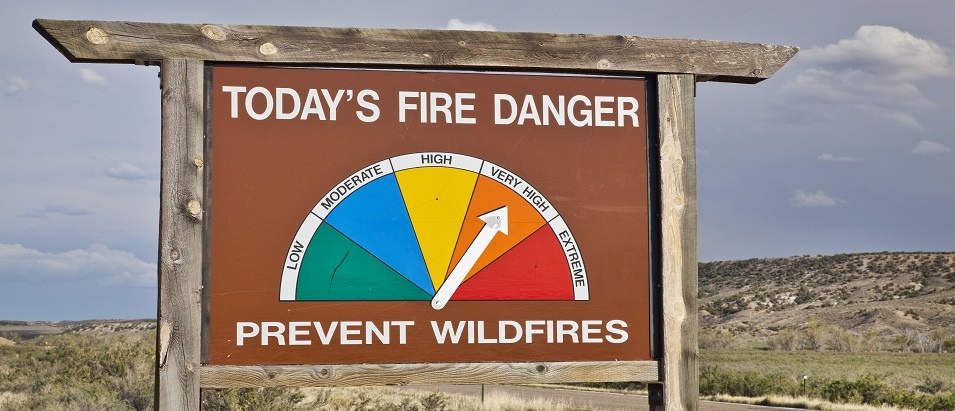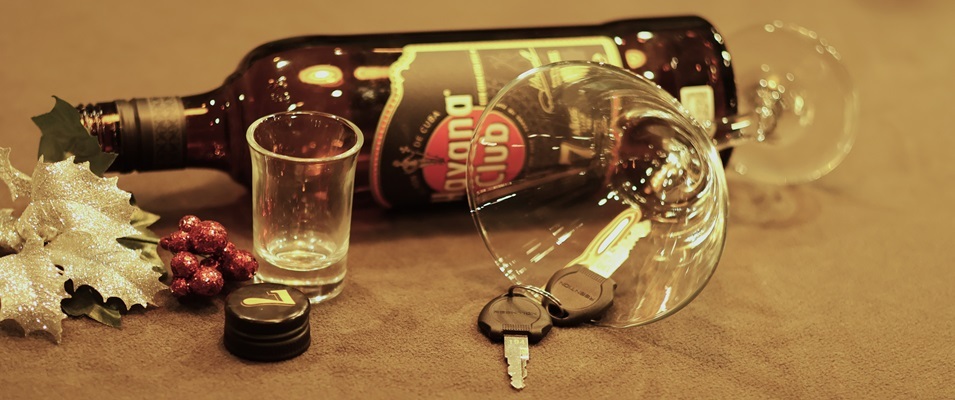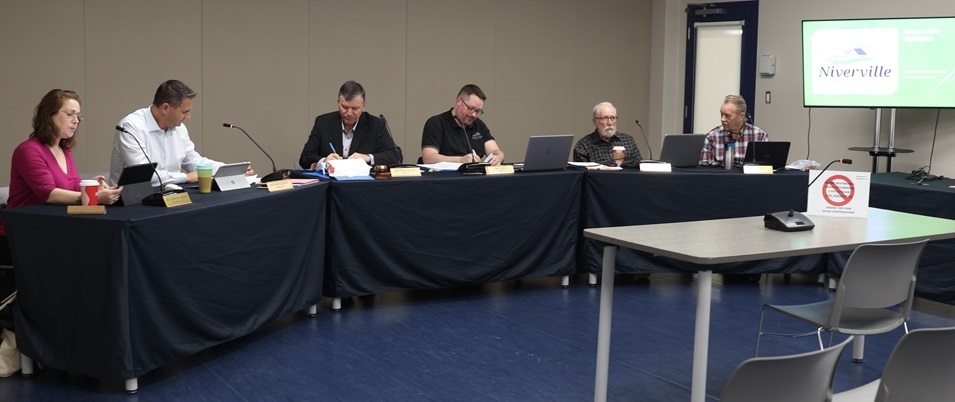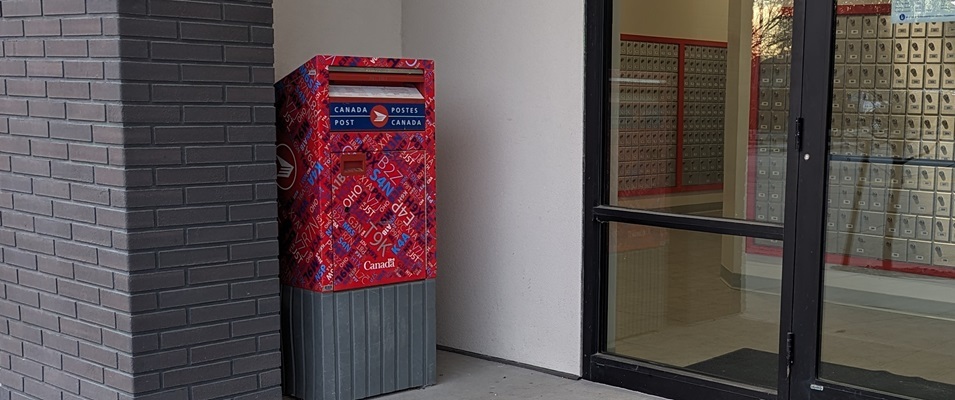
Despite a week of generally wet weather across the province, the Office of the Fire Commissioner (OFC) is warning Manitobans that the risk of wildfires remains high.
According to the OFC, there has already been a notable increase in human-caused wildfires this season—and more could be prevented with everyone’s cooperation.
In late March, a wildfire began in the RM of Springfield. It quickly jumped to the RM of Tache, moving in the direction of Ross before it self-extinguished.
According to the OFC, significant resources are required to monitor and control these fires, especially when there is any risk to homes or communities.
“Wildfires can spread quickly in open areas, often due to windy conditions as matted grass and dry, dead vegetation can easily ignite,” says a provincial press release.
Residents can mitigate the risk by not burning in windy conditions, using burn barrels, and never leaving a fire unattended.
The OFC asks for cooperation in keeping off-road vehicles on designated trails. Riders should also carry a fire extinguisher since sparks from tailpipes can ignite dry grasses.
Residents can also practice fire prevention by following a few steps on their own properties.
These include clearing leaves, pine needles, and combustible debris from roofs and gutters, removing highly combustible items from beneath decks and porches, pruning low-hanging branches, and safely disposing of cigarette butts using a metal container with a lid that’s partially filled with sand or water.
Keith Bueckert, Niverville’s fire chief, reiterates the province’s warnings.
The high winds typical of a Manitoba spring and summer make matters worse in two ways, he says. Wind speeds up the drying process after a period of moisture. Wind also carries burning embers greater distances.
“Be mindful of the wind,” Bueckert says. “If you do want to burn something, the last thing we want you to do is have a fire get out of control and possibly damage your property or, heaven forbid, your neighbour’s property.”
While burning yard debris is allowed inside appropriate fire receptacles, Bueckert strongly recommends that, for everyone’s safety, debris be brought to public compost sites instead.
“We find that [yard debris] produces a lot of smoke and sometimes it bothers our neighbours,” Bueckert says. “Clean dry wood is what we want people burning in their firepits for recreational fires.”
Bueckert can’t stress enough the need for people to ensure that fires are fully extinguished before leaving them unattended.
In Niverville’s not so distant past, one family lost their home to fire when live ash removed from the fireplace wasn’t adequately removed to a safe distance from the home.




















